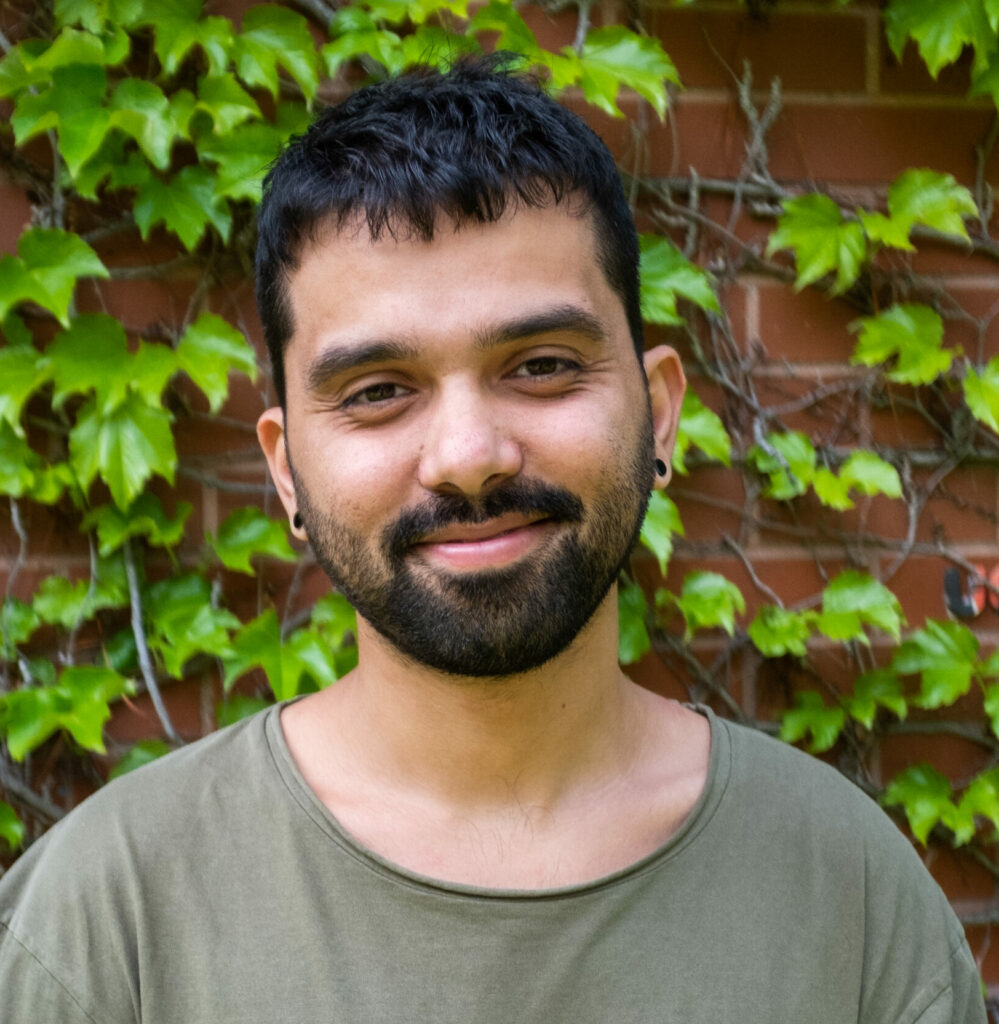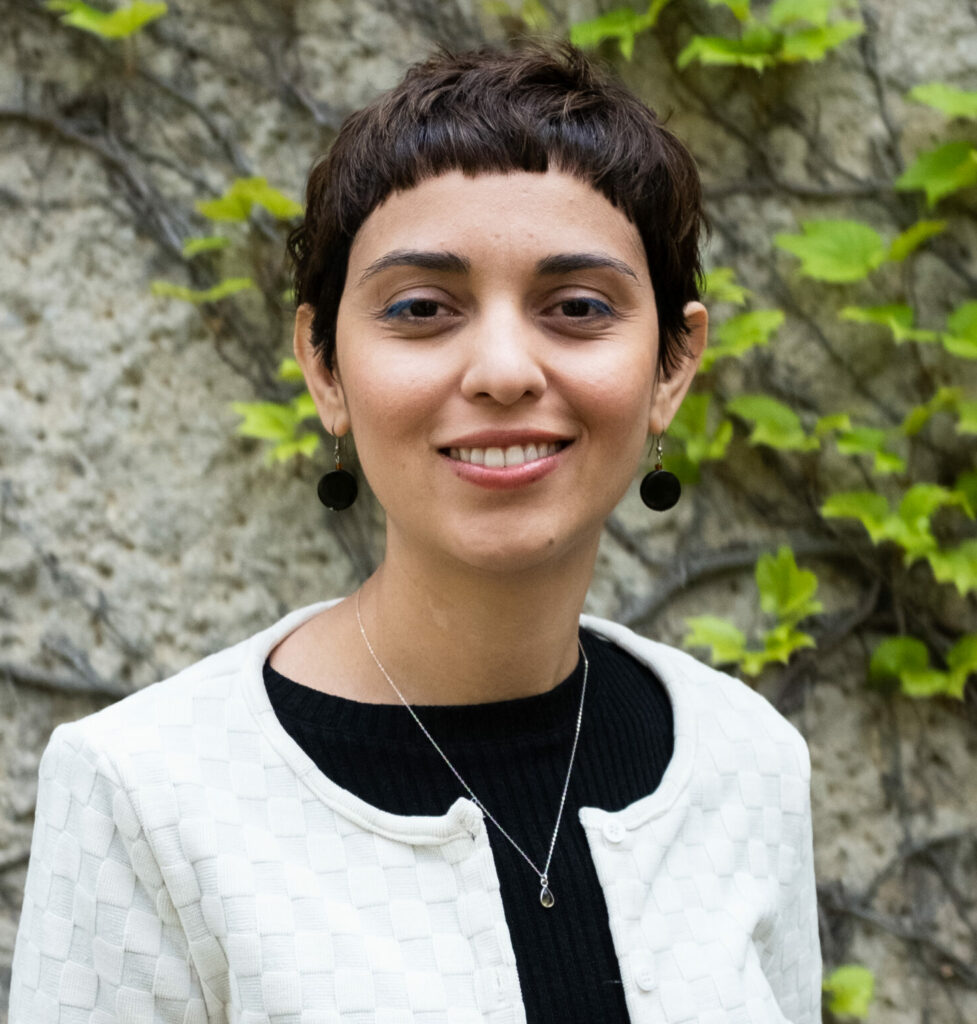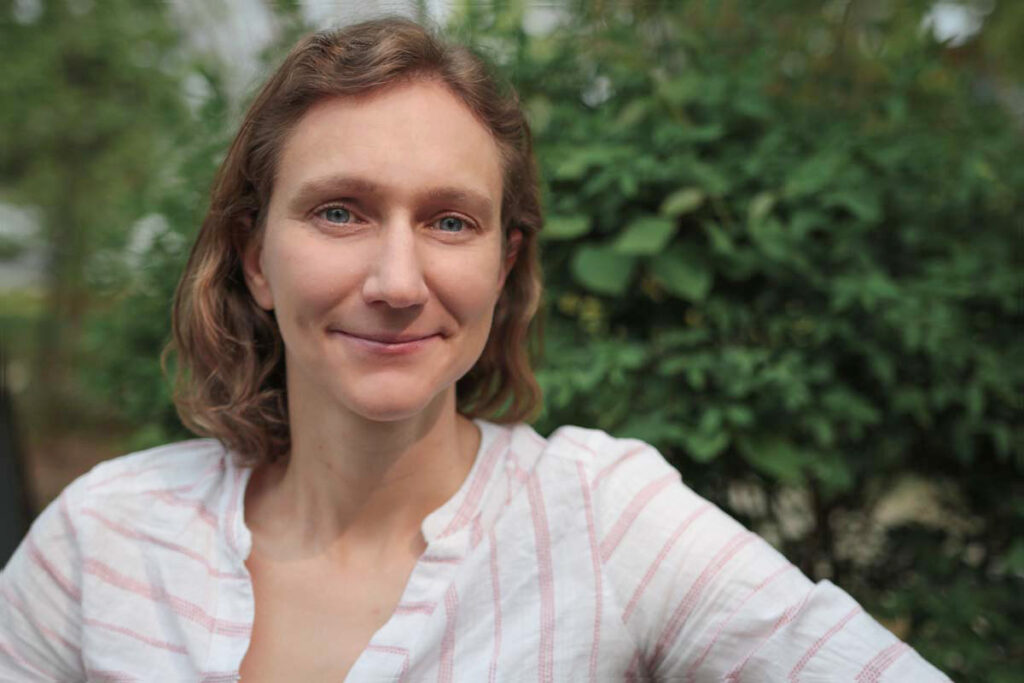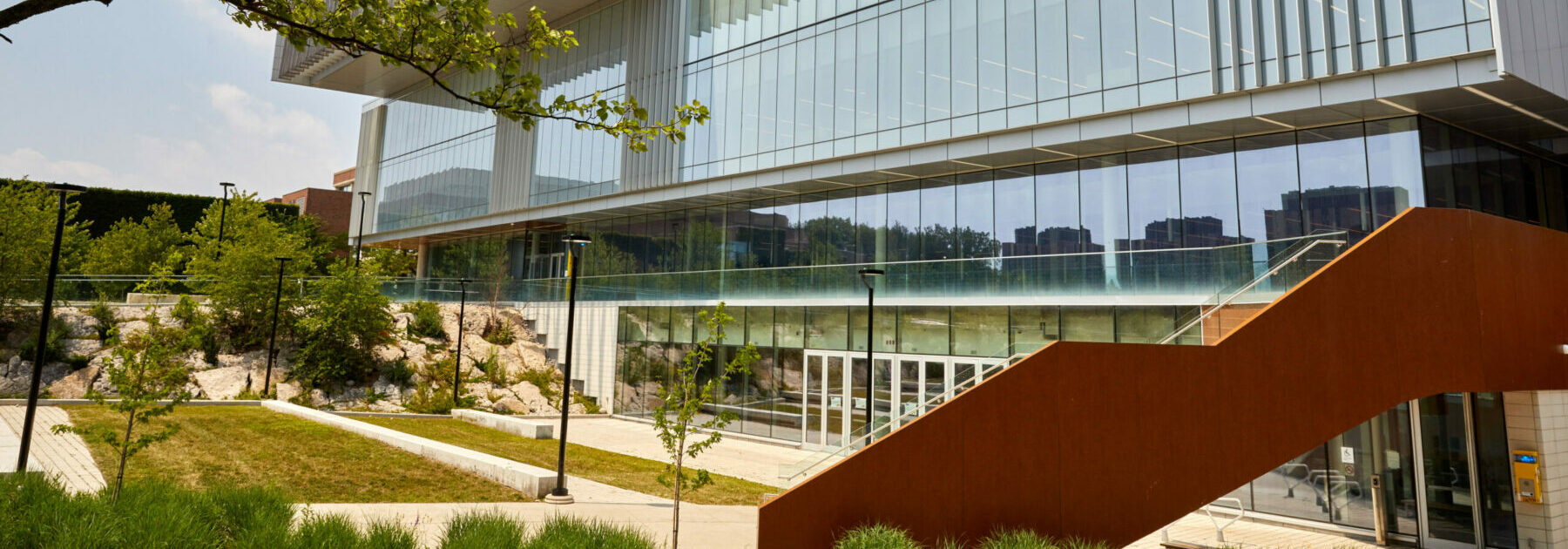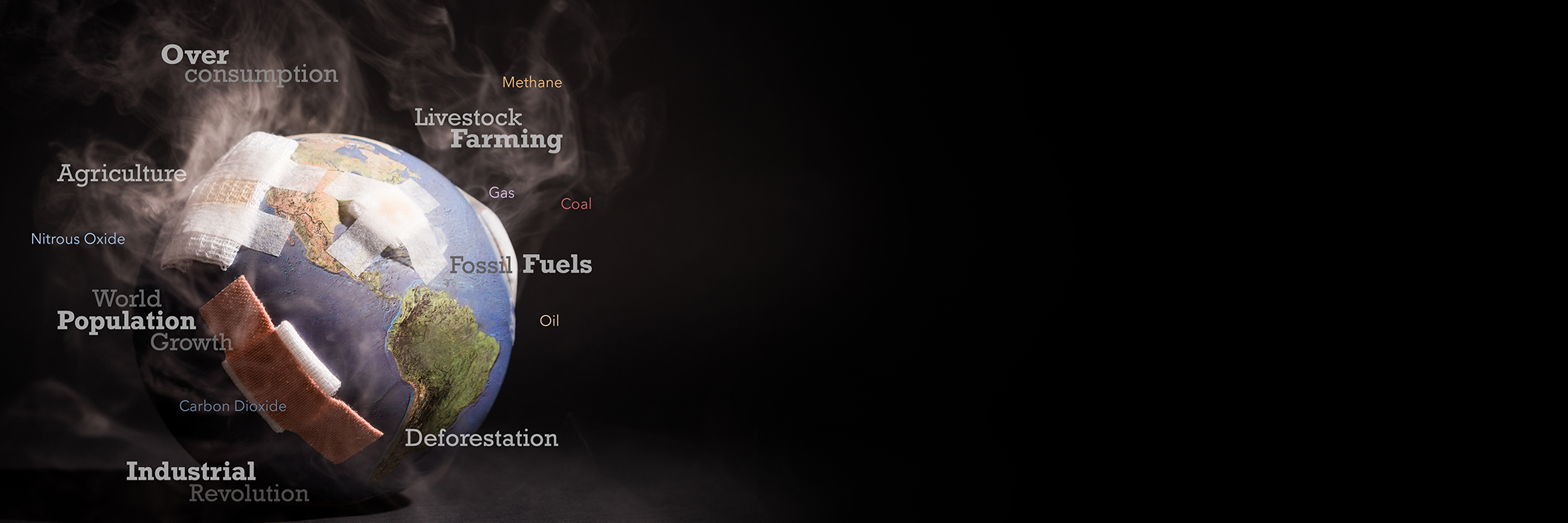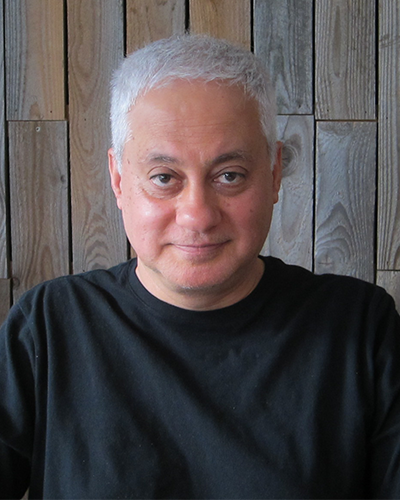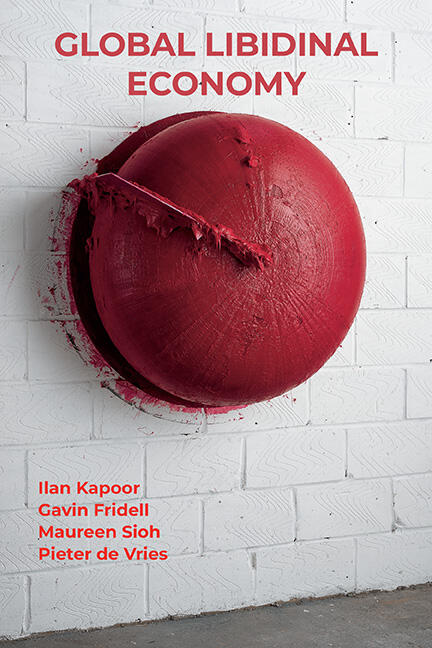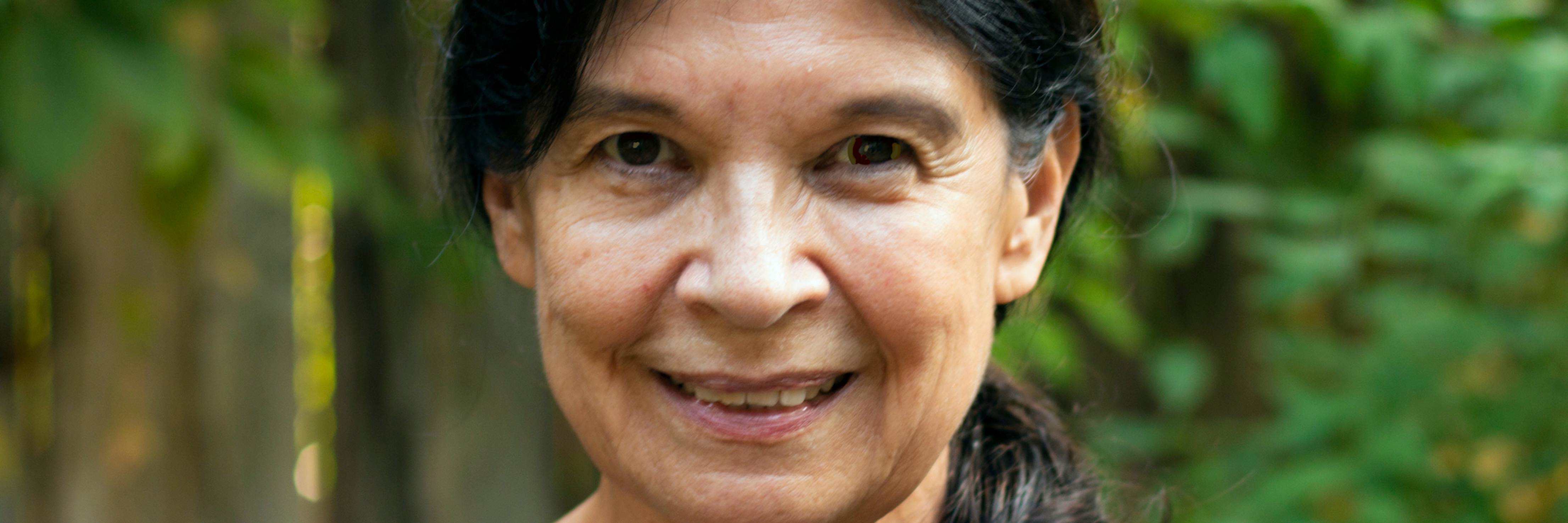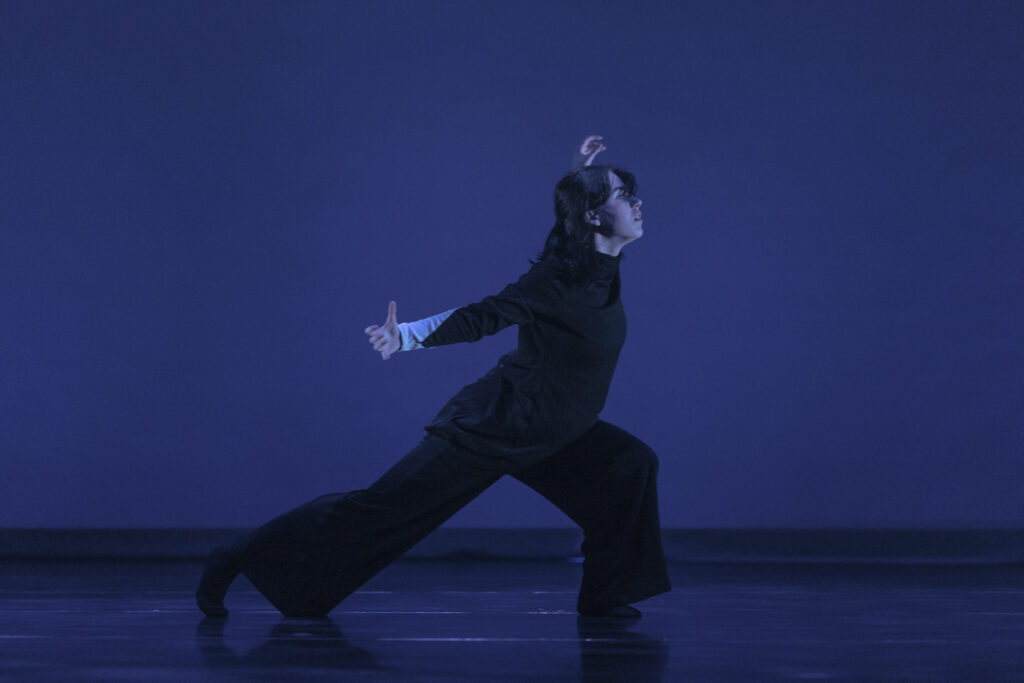La version française suit la version anglaise.
Dear York community,
June is National Indigenous History Month. It is a time to honour Indigenous histories, cultures and contributions to society.
York University is taking important steps to integrate Indigenous knowledges and perspectives as part of our well-being strategy and commitment to decolonization.
In early May, the University launched the Decolonizing, Equity, Diversity and Inclusion (DEDI) Strategy. York University is among the first post-secondary institutions in Canada to include decolonization in a meaningful and thoughtful way within an equity strategy. Doing so acknowledges that decolonization is essential to the principles of equity, diversity and inclusion.
We have continued to make progress on the recommendations in the Indigenous Framework and the Decolonizing Research Administration Report. In July, the first wholly autonomous Indigenous Research Ethics Board (IREB) will launch at York University – a first for a post-secondary institution in Canada. York also completed the pilot round of Indigenous Research Seed Grants and secured an additional three years of funding at $250,000 per year. A full-time traditional counsellor position was also created for the Centre for Indigenous Student Services. These actions will support decolonization in research and administration while enhancing the experiences of Indigenous students.
While progress is being made, the journey towards decolonization and reconciliation is ongoing and requires consistent action and a conscious commitment to meet our goals.
We invite you to visit the Indigenous History Month website to learn about and participate in the events around campus, including a lecture titled “Writing Home: How to begin a conversation with the Land, a personal journey of walking, listening, looking and making” featuring keynote speaker Bonnie Devine, an Anishinaabe artist, painter and curator. The lecture will take place on June 12, 4 to 6 p.m. at the Helliwell Centre, Room 1014, Osgoode Hall Law School.
We are grateful for the opportunities to continue dialogue, raise awareness and take meaningful action.
Thank you. Merci. Miigwech, Anushiik.
Rhonda Lenton
President and Vice-Chancellor
Alice Pitt
Interim Vice-President Equity, People and Culture
Susan D. Dion
Associate Vice-President Indigenous Initiatives
Déclaration à l’occasion du Mois national de l’histoire autochtone
Chers membres de la communauté de York,
Juin est le Mois national de l’histoire autochtone à York. C’est l’occasion de rendre hommage à l’histoire, à la culture et aux contributions des Autochtones à la société.
L’Université York prend des mesures importantes pour intégrer les savoirs et les perspectives autochtones dans le cadre de sa stratégie de bien-être et de son engagement en faveur de la décolonisation.
Au début du mois de mai, l’Université a lancé la Stratégie de décolonisation, d’équité, de diversité et d’inclusion (DEDI). L’Université York est l’un des premiers établissements postsecondaires au Canada à inclure la décolonisation de manière réfléchie dans une stratégie de DEDI. Ce faisant, elle reconnaît que la décolonisation fait partie intégrante des principes d’équité, de diversité et d’inclusion.
Nous ne cessons de mettre en œuvre les recommandations du Cadre stratégique autochtone et du Rapport pour la décolonisation de l’administration de la recherche. En juillet, un comité inaugural d’éthique de la recherche autochtone (IREB) entièrement autonome verra le jour à l’Université York, une première pour un établissement d’enseignement supérieur au Canada. York a également conclu le projet pilote du Fonds de stimulation de la recherche autochtone et a obtenu un financement supplémentaire annuel de 250 000 $ pour trois ans. Un poste de conseiller traditionnel à temps plein a également été créé pour le Centre de services aux étudiants autochtones. Ces actions soutiendront la décolonisation dans la recherche et l’administration tout en améliorant l’expérience des étudiantes et étudiants autochtones.
Bien que des progrès aient été accomplis, le parcours vers la décolonisation et la réconciliation se poursuit et nécessite une action cohérente et un engagement conscient pour atteindre nos objectifs.
Nous vous invitons à consulter le site Web du Mois de l’histoire autochtone pour en savoir plus sur les événements organisés sur le campus et y participer, notamment une conférence intitulée “Writing Home: How to begin a conversation with the Land, a personal journey of walking, listening, looking and making” avec l’oratrice principale Bonnie Devine, artiste, peintre et conservatrice anishinaabe. La conférence (en anglais) aura lieu le 12 juin, de 16 h à 18 h, au Centre Helliwell, salle 1014, École de droit Osgoode Hall.
Nous nous réjouissons des possibilités qui nous sont offertes de poursuivre le dialogue, d’encourager la sensibilisation et de prendre des mesures significatives.
Thank you. Merci. Miigwech, Anushiik.
Rhonda Lenton
Présidente et vice-chancelière
Alice Pitt
Vice-présidente intérimaire de l’équité, des personnes et de la culture
Susan D. Dion
Vice-présidente associée aux initiatives autochtones




